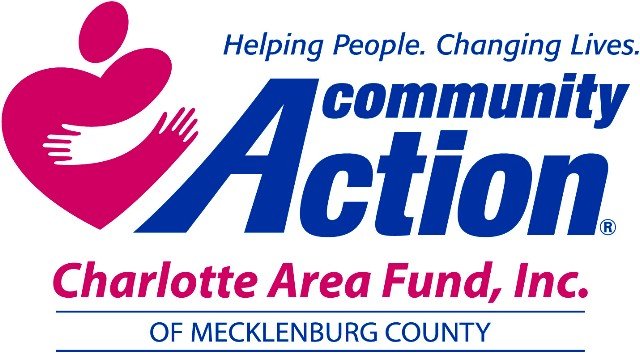Jennifer Watson Roberts served as chair of the Mecklenburg Board of County Commissioners and was elected Charlotte Mayor.
When I served on the Mecklenburg Board of County Commissioners with Wilhelmenia Rembert, Valerie Woodard (God rest her soul) and Norman Mitchell, I learned a lot about Black History Month.
I learned that my Black colleagues had speaking engagements just about every night during February. By the end of the month, every Black elected official and community leader was worn out, celebrating all the Black leaders whom we White people had never read about in school. I learned that there was a joke among Black people that, of course, they would pick the shortest month of the year to honor Black Americans. I also learned that there is a lot that I take for granted that I was not even aware of.
I knew about the perils of “driving while Black,” but I learned for the first time how Black students are often told to take easy courses and to not aspire to college because they “aren’t capable.” I learned that my privilege meant that no one questioned my multiple college degrees or my transcript or thought I was lying about my résume. I did not get followed by security in expensive stores. I did not have to have the “talk” with my son about police and traffic stops when he got his driver’s license. And so much more.
Free Newsletter
Stay informed with news and events that impact Charlotte’s Black communities.
This was in the early 2000s, before the terms “white privilege” and “white fragility” were well known and discussed and coming up in dinner table and polite conversation. But I know these terms had been mentioned in the media and in public meetings, because I ran into White people who were already bristling at them.
I remember hearing from angry White parents who were upset when they discovered that per-pupil spending was higher in majority-Black schools, due to smaller class sizes and more support staff. They were upset at being told they had White privilege — PTAs that had greater resources, for example — and many are upset still. Rather than seeing it as a mere statement of fact, some believe the term “privilege” is a statement of blame and shame.
It is appropriate that I write essay on Groundhog Day (as in Bill Murray’s Groundhog Day), because it seems to me this anger and these arguments keep coming up again and again. I have heard, for example, that the White Privilege Conference coming to Charlotte March 9 -12 has gotten a lot of pushback. White parents are up in arms (literally) about Critical Race Theory, banning books in school districts across the country and seeing opportunity as a zero-sum game — if we are sending more resources into Black and Brown schools, then we must be depriving White schools, or so the thinking goes. This fear is heightened by resource scarcity. In a school district and state where education is chronically underfunded, every classroom can feel deprived, as though something were being taken from it. And it is so easy to blame “the other,” — “those people” — who happen to have a different skin color.
We desperately need Black History Month to learn the true history of America. What we really need is Complete American History all year –- complete Black, White and Indigenous history.
Teachers, parents and writers, please keep teaching Black history. All students need to learn the truth — the good, the bad and the ugly — of American history. Let students in North Carolina learn about the Wilmington massacre, the Greensboro lunch counter sit-ins and the birth of the Environmental Justice Movement in Warren County. Let’s stop idealizing our White male “founding fathers” and learn about their faults, their slaveholding and their human failings. We do not need to demonize them; we simply need to humanize them, in the same way we need to humanize and teach about courageous Black leaders.
And most important, let’s teach our communities – White, Black and Brown — about how voting rights were withheld from women and people of color for decades, and how those rights are still threatened today with 19 states passing more than 30 laws in the past year to restrict access to the ballot.
Even as I write, the North Carolina Supreme Court is considering whether to throw out the gerrymandered district maps that were drawn with the new Census figures, maps that heavily favor one political party over another — and in so doing effectively silence many voices of color. (The high court ruled that the maps violate North Carolina’s constitution.)
Too many people have fought too long and too hard to make our country more inclusive. And in a democracy, that inclusion starts at the ballot box. We cannot afford to let up on those democratic ideals now.
This Black History Month, I plan to make it a point to highlight the importance of voting rights and to call on White communities to work together with communities of color to preserve those rights.
